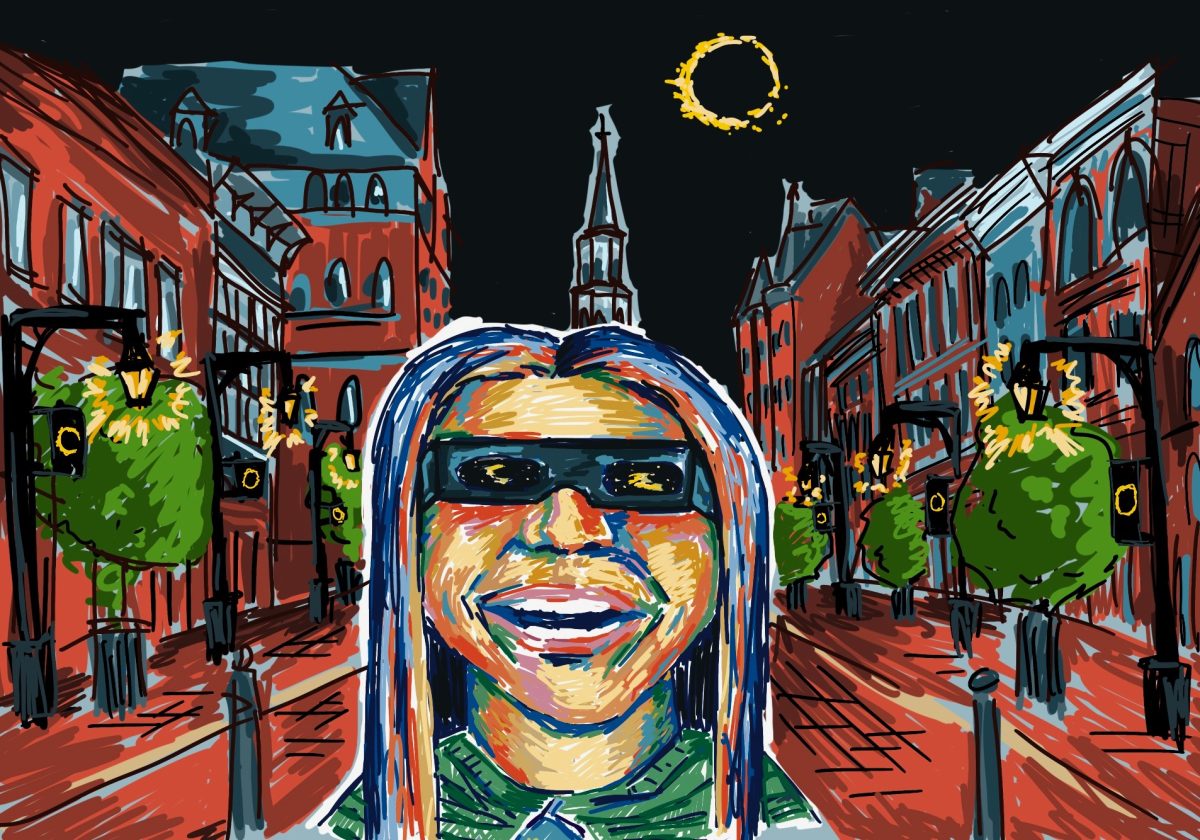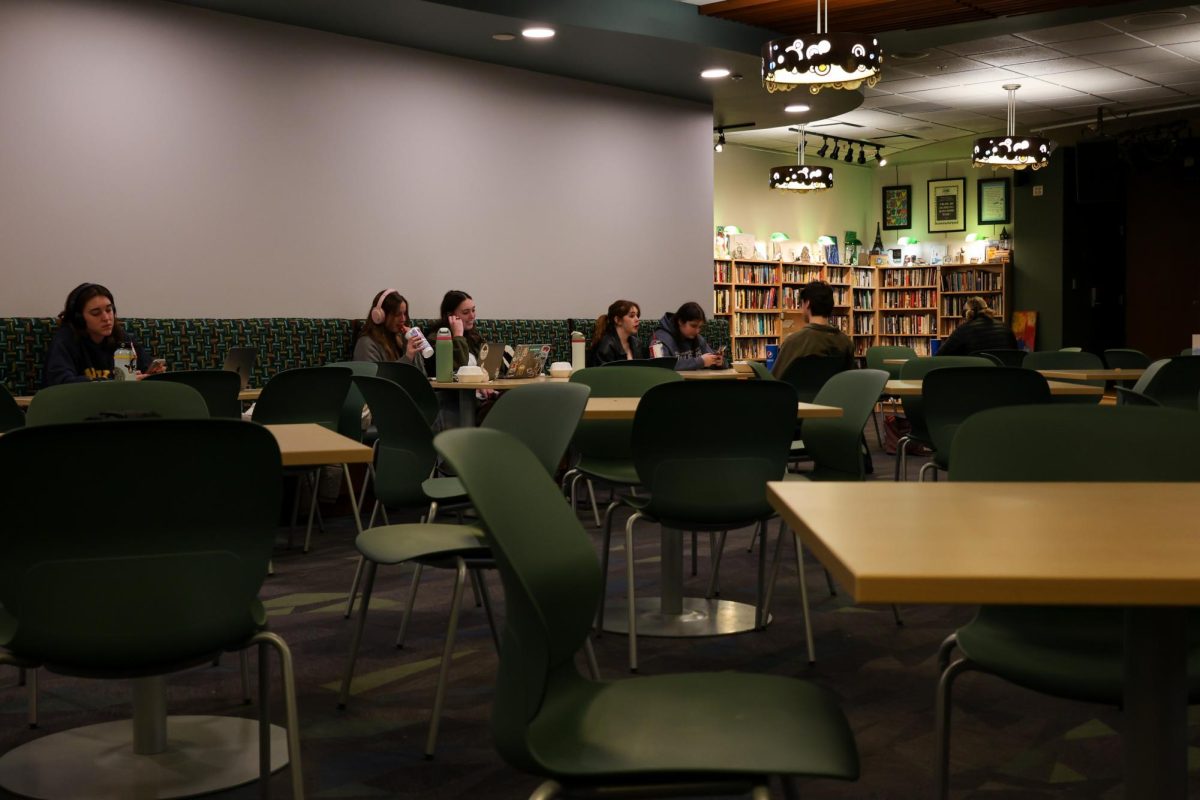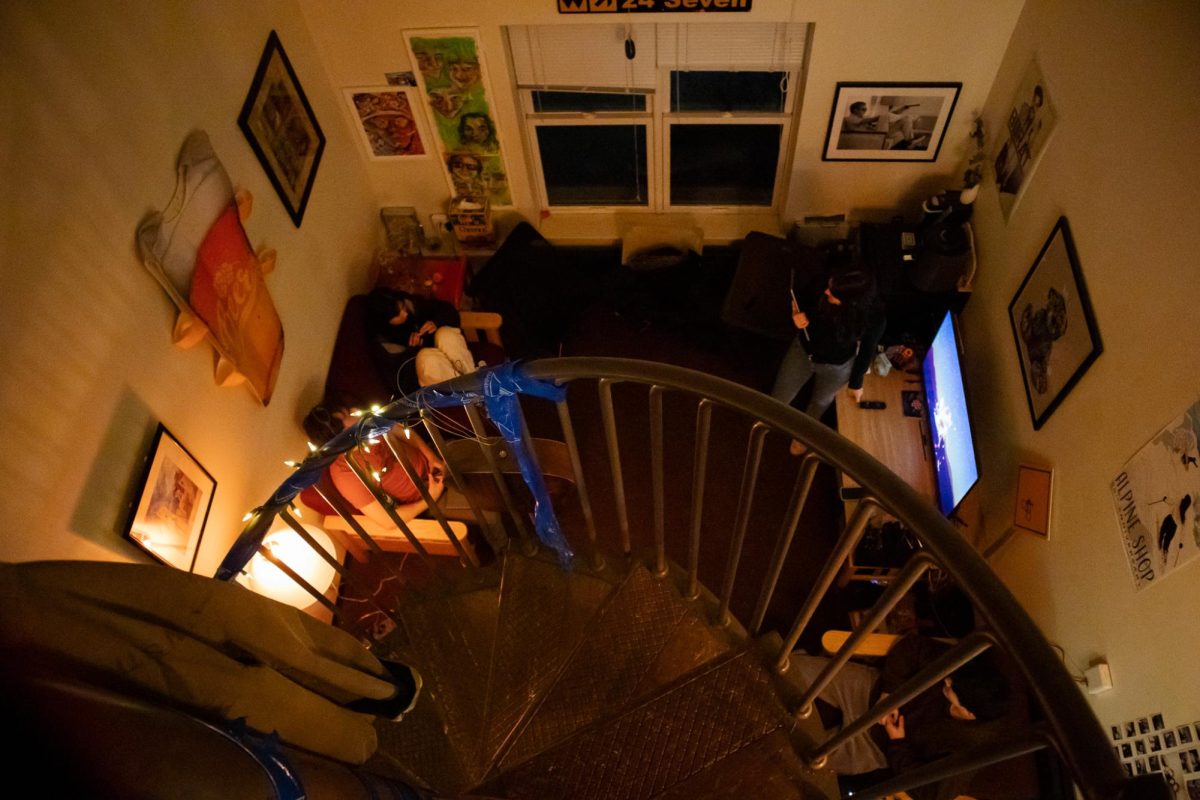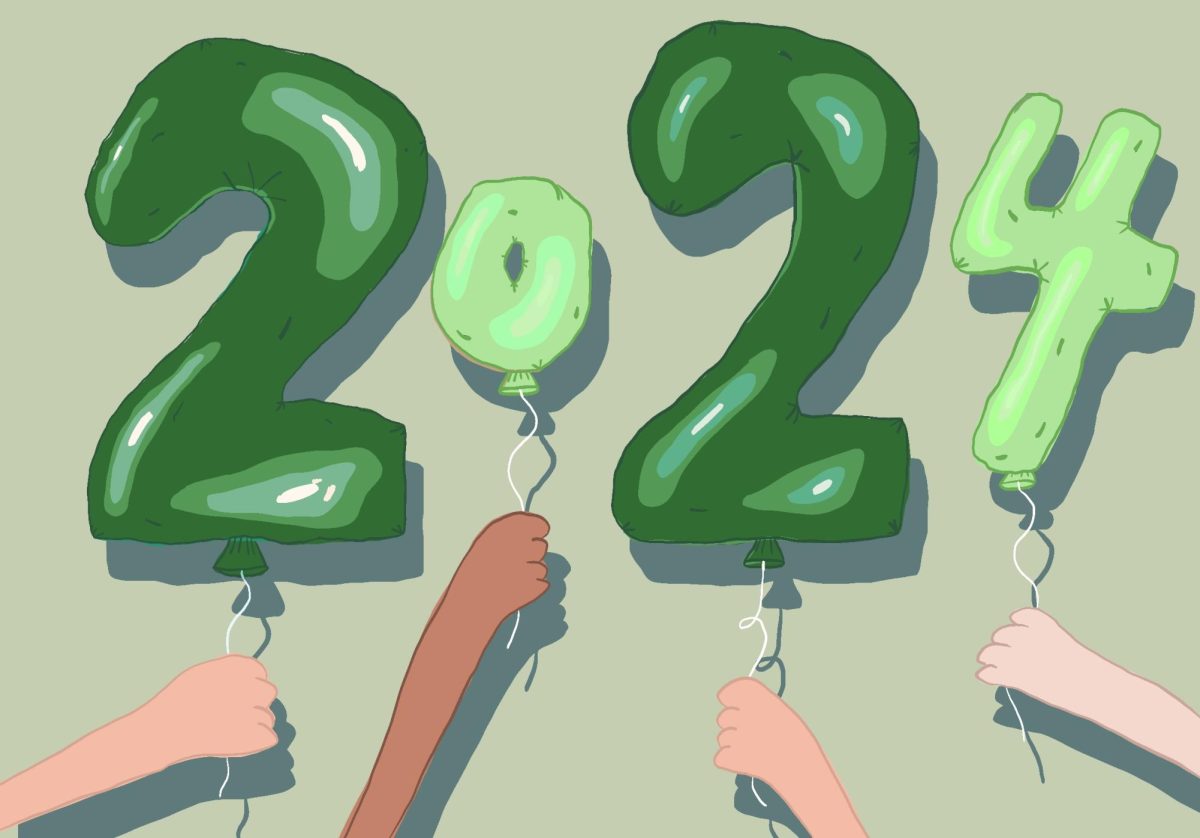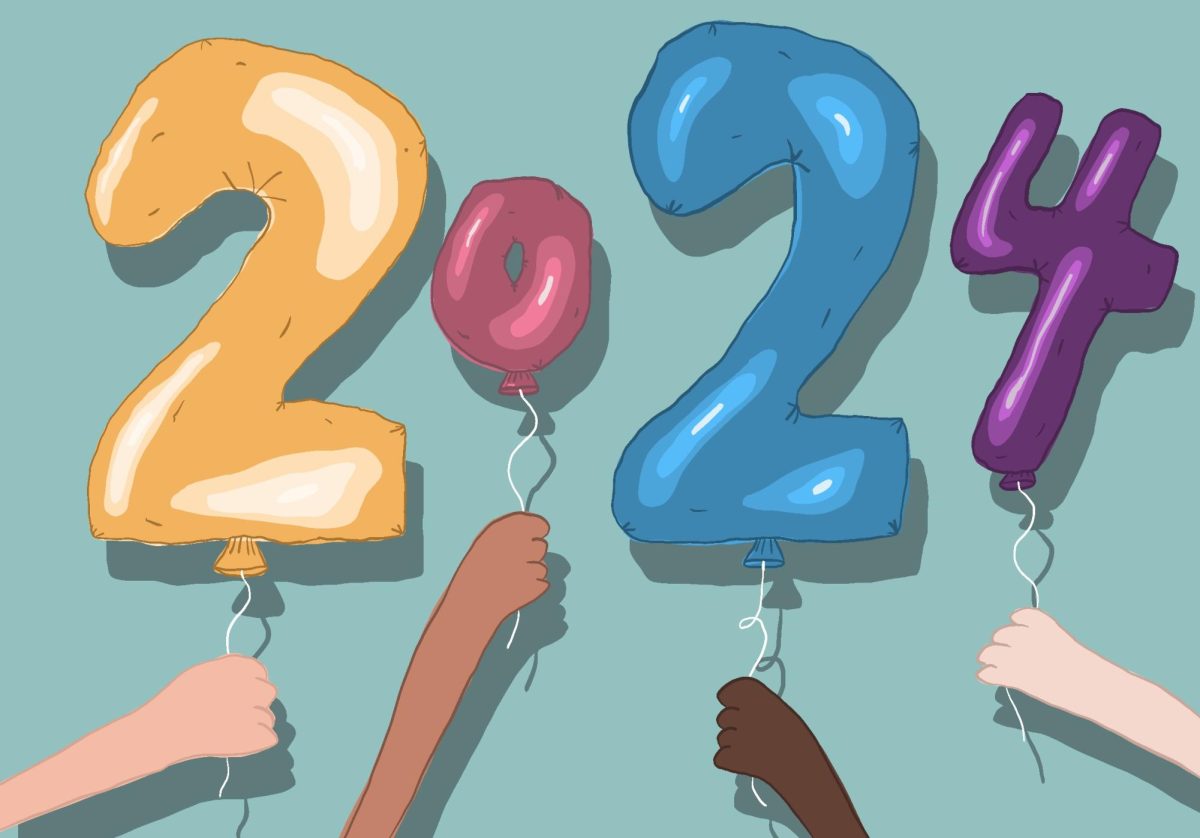For those who feel like they’re having d?j? vu, the threat of a tobacco ban is not news.
The difference between this year’s tobacco ban and last year’s tobacco ban is very real.
According to Americans for Nonsmokers Rights, as of January 2013, more than 1,129 schools have banned tobacco and/or marijuana use nationwide.
With each email update it seems more likely that our own groovy UV is the next to follow in their footsteps.
Even though University President Thomas Sullivan has said the idea of a tobacco ban is very much in its early stages, many smokers feel the alarm ringing.
The benefits of a tobacco ban are obvious. There is no denying that tobacco is the leading cause of preventable illness and death in the United States, with an estimated 443,000 deaths each year, including about 49,000 deaths related to secondhand smoke according to the National Cancer Institute.
According to a survey done last year, 26 percent of smokers on campus didn’t smoke until they started school at UVM.
This prompted last year’s ban, and has most likely prompted this year’s as well.
When faced with these statistics, Jack Birmingham, SGA vice presidential candidate, was confident.
It seems that people are overlooking the obvious fact that 74 percent of smokers on campus started before they came to UVM.
With this kind of statistic, Birmingham said he feels that these smokers could feel out of place or a ban could even discourage them from applying to UVM.
If the tobacco ban had been in place before these 74 percent attended UVM, and there wasnÕt a place for them to smoke when they came, they could have been punished for something that wasnÕt illegal and incredibly hard to quit.
As a former smoker, Birmingham said he knew the difficulty of quitting firsthand, and stands avidly behind smoker’s rights.
If you get into the habit of it, it’s just really hard to stop. It makes it hard to function in your day to day life, Birmingham said.
But would eliminating tobacco mean less cigarette butts littered on the ground, less secondhand smoke, and probably even less tobacco use overall?
If you think the littering is bad now that we have the butt dispensers, it will only get worse when the ban is implemented because the dispensers will likely disappear, causing more littering, he said.
As for secondhand smoke, Birmingham claims the lines are blurry. A lot of that damage was happening a long time ago, he said.
Birmingham believes we couldnÕt possibly attribute these deaths to recent smoking, but that with the raised awareness we now have about smoking, secondhand smoking deaths are on a decline.
On the opposite side of the spectrum sits first-year Kelsey Vivian, who avidly believes in the ban.
If a smoker wants to run the health risks from smoking, then I have no place to tell them otherwise, but as soon as they endanger myself to potential health risks of lung cancer or rotting teeth, then I have a problem Vivian said.
As a singer, Viian said her vocal chords are in danger when a smoker decides it is inconvenient to walk 25 feet from a building to smoke.
If it comes to a ban, then yes, I support it. Smokers had their chance to compromise but it’s obviously not working. They can harm themselves on their own time, but not me, she said.
Educational sessions dealing with the dangers of smoking are currently underway, and a definitive outcome will likely be seen soon.
In the meantime students wait and form their opinions.
I did not voluntarily choose to destroy my body and it’s not fair if I do become sick because of someone else’s inconsideration, Vivian said.







